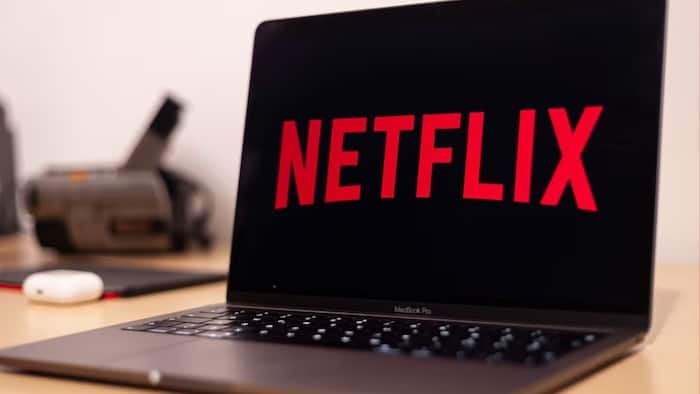
Written By Shubham Verma
Published By: Shubham Verma | Published: Jan 28, 2024, 07:38 PM (IST)

Netflix has sounded threatened over generative AI, saying such technologies can adversely impact its operations and its ability to compete effectively with other companies. In its annual report filed with the US Securities and Exchange Commission (SEC), the streaming giant said that new technological developments, including the development and use of generative artificial intelligence, are rapidly evolving. Also Read: Anthropic rolls out Claude Sonnet 4.6 for Free and Pro users: What’s new in the latest AI model
“If our competitors gain an advantage by using such technologies, our ability to compete effectively and our results of operations could be adversely impacted,” said the company. Also Read: Rockstar Games isn’t using generative AI for GTA 6, Take-Two CEO confirms
Netflix further said that the use or adoption of new and emerging technologies “may increase our exposure to intellectual property claims, and the availability of copyright and other intellectual property protection for AI-generated material is uncertain.” It’s still early days for generative AI-created entertainment, but things can change fast. Also Read: ChatGPT is losing GPT-4o and other models as OpenAI shifts focus to GPT-5 models
A recent Wall Street Journal article noted that widely available AI tools can suggest storylines, character arcs, and dialogue. ChatGPT can even write a basic script when given a few prompts. Generative AI was used in making the 2022 film ‘Everything Everywhere All at Once’.
According to reports, there are already generative AI systems that can create videos. AI is also being used to provide data-driven predictions about how unusual storylines will affect viewers. In May last year, the Writers Guild of America (WGA) went on strike, over film and TV writers’ income from streaming services programming, demanding that production companies “regulate use of material produced using artificial intelligence or similar technologies.”
— Written with inputs from IANS